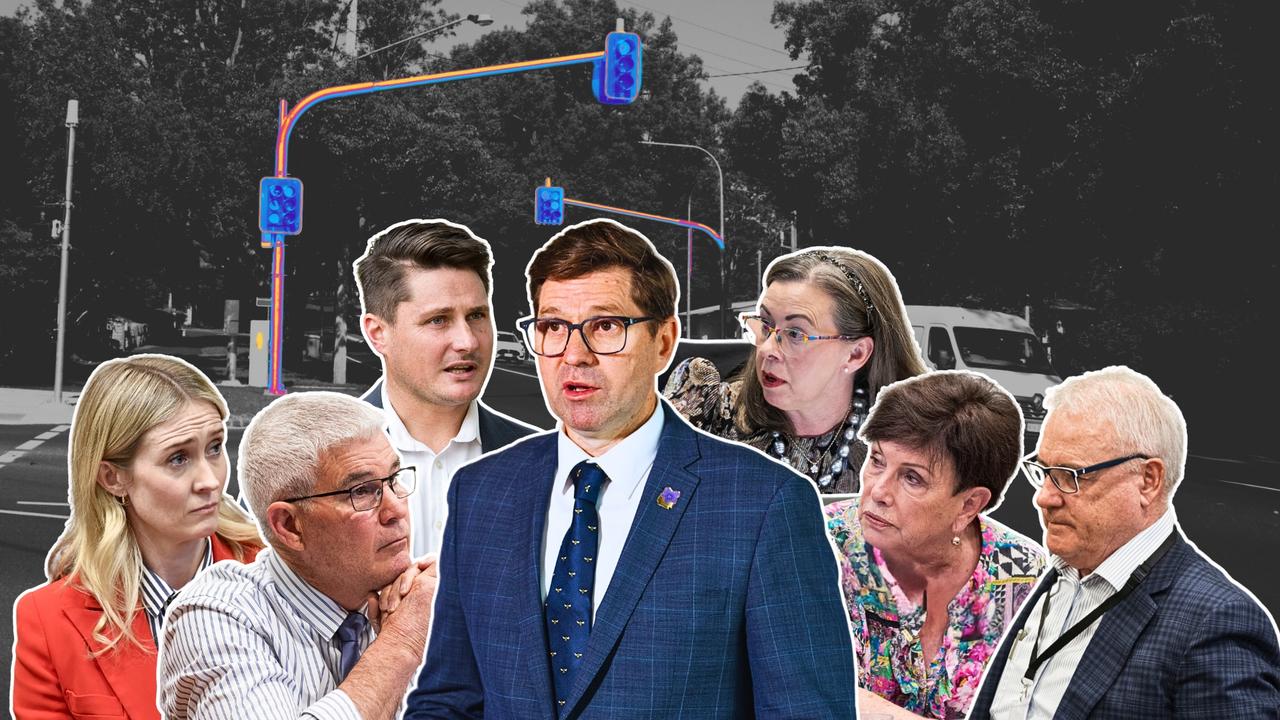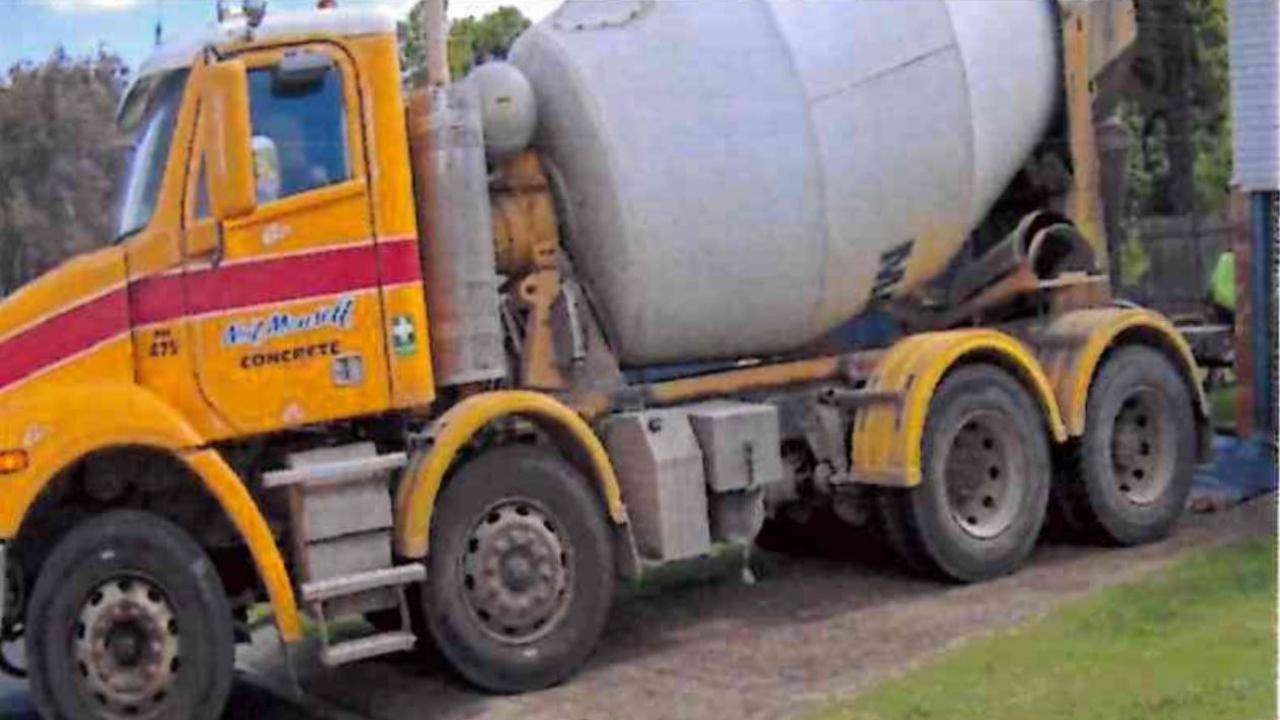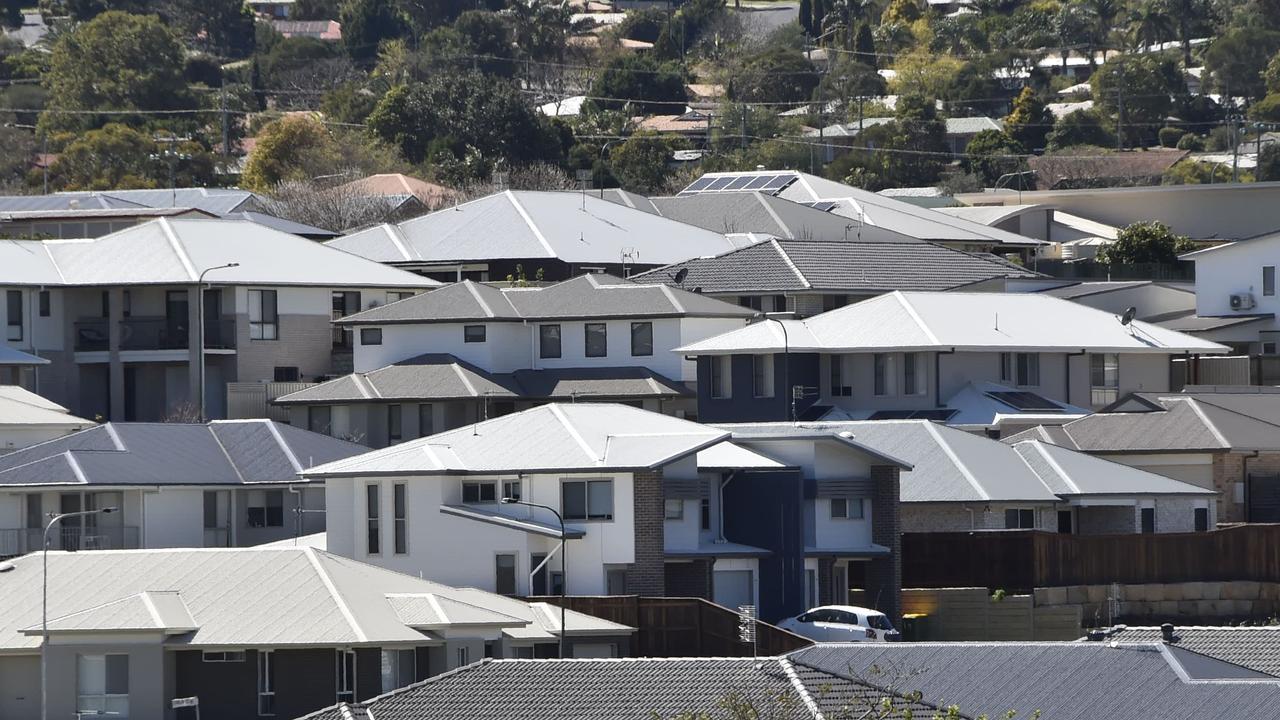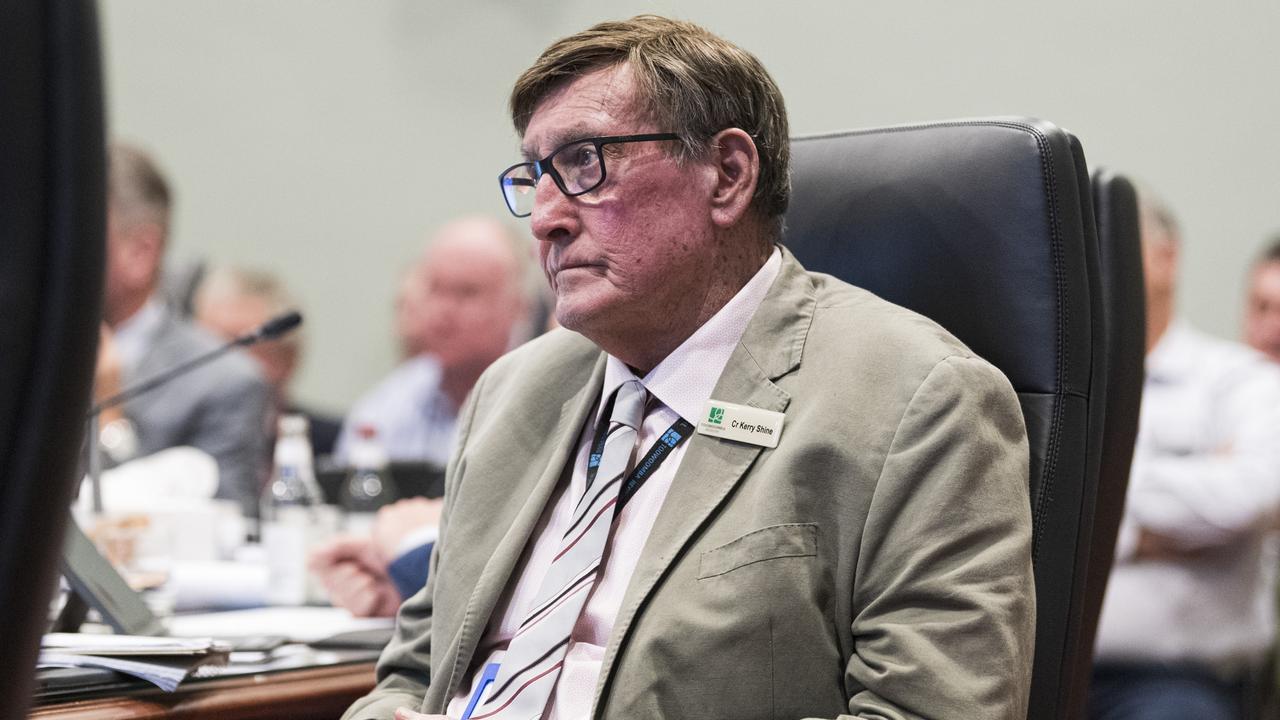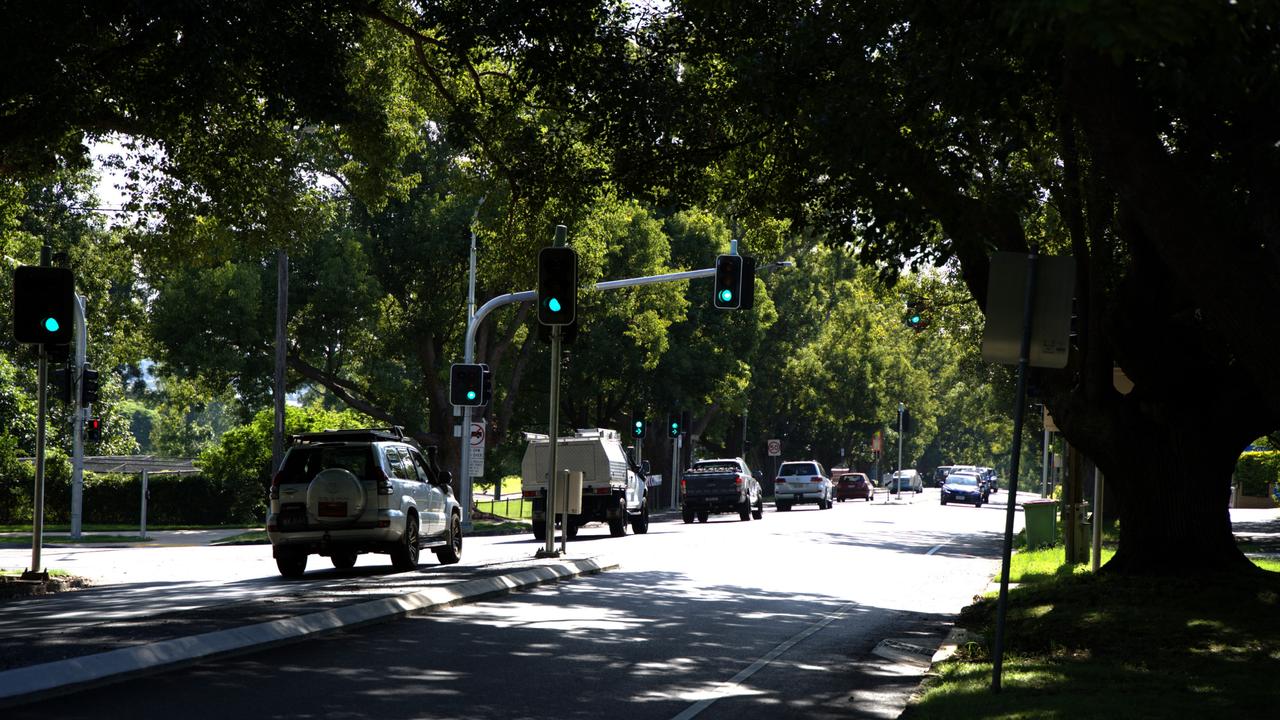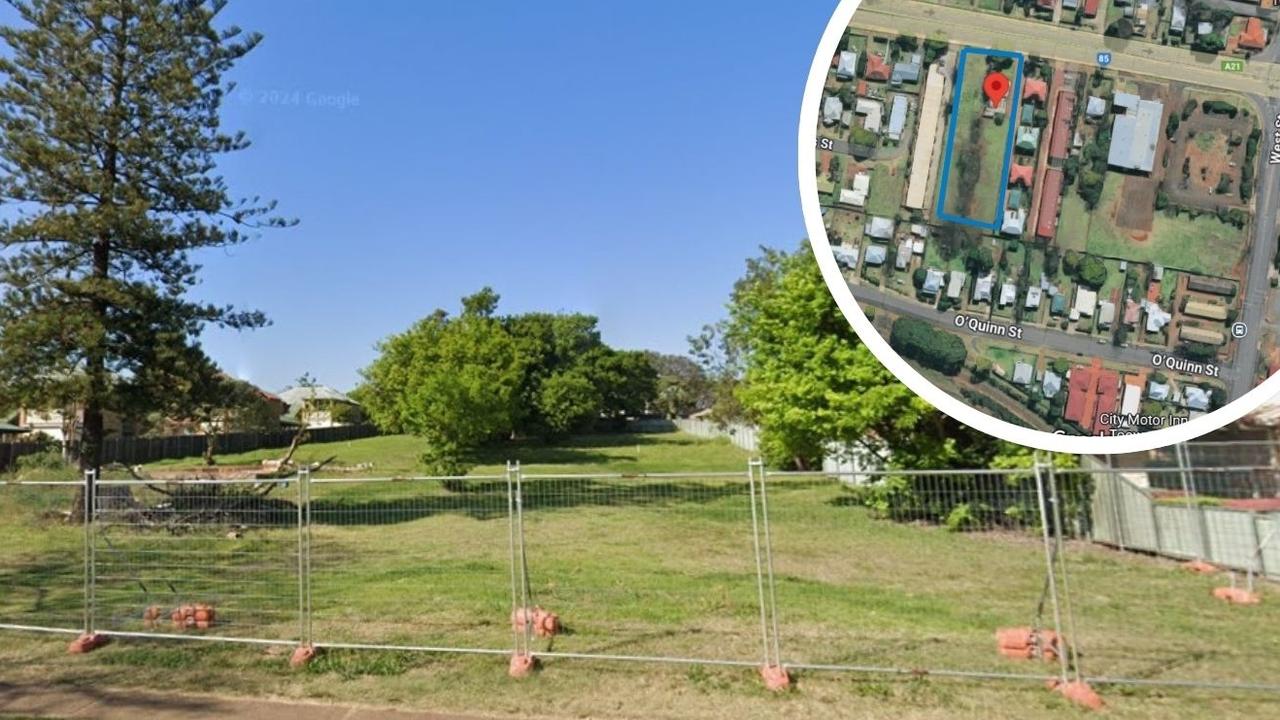Toowoomba Regional Council endorses electric vehicle fleet action plan
The Toowoomba council has endorsed a plan to overhaul its massive fleet with electric vehicles — but a big ‘mistake’ has been identified that it can’t afford to make:
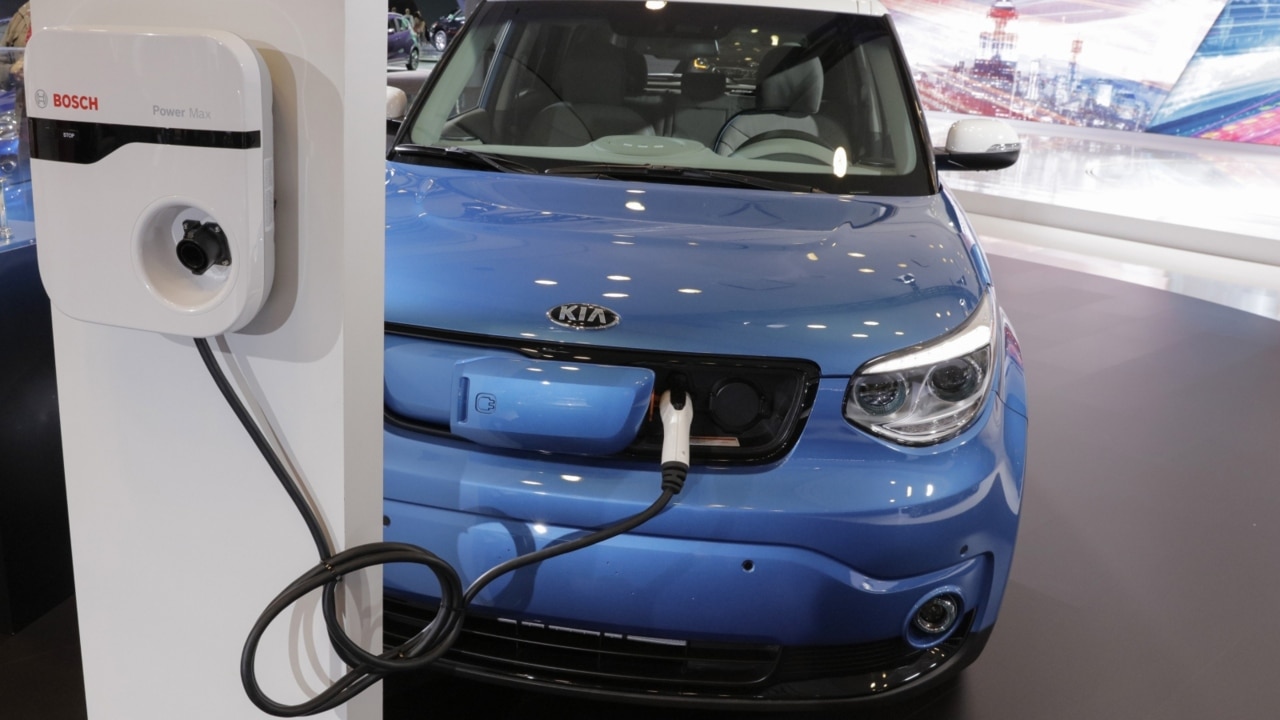
Council
Don't miss out on the headlines from Council. Followed categories will be added to My News.
The Toowoomba Regional Council’s entire fleet of more than 1800 vehicles will become electric-powered in the years to come, but officers warn several roadblocks remain before a full rollout could occur.
Councillors at Tuesday’s committee meeting voted to endorse the Fleet Transition to Sustainable Fuel Action Plan, which includes more than 50 short, medium and long-term actions to be taken to make the switch to sustainable fuels.
The report by fleet and logistics manager Brenda Kelly said the council would continue existing trials with electric vehicles right now to gain “learnings” about the technology, before developing policies, infrastructure works programs and actual purchases of vehicles.
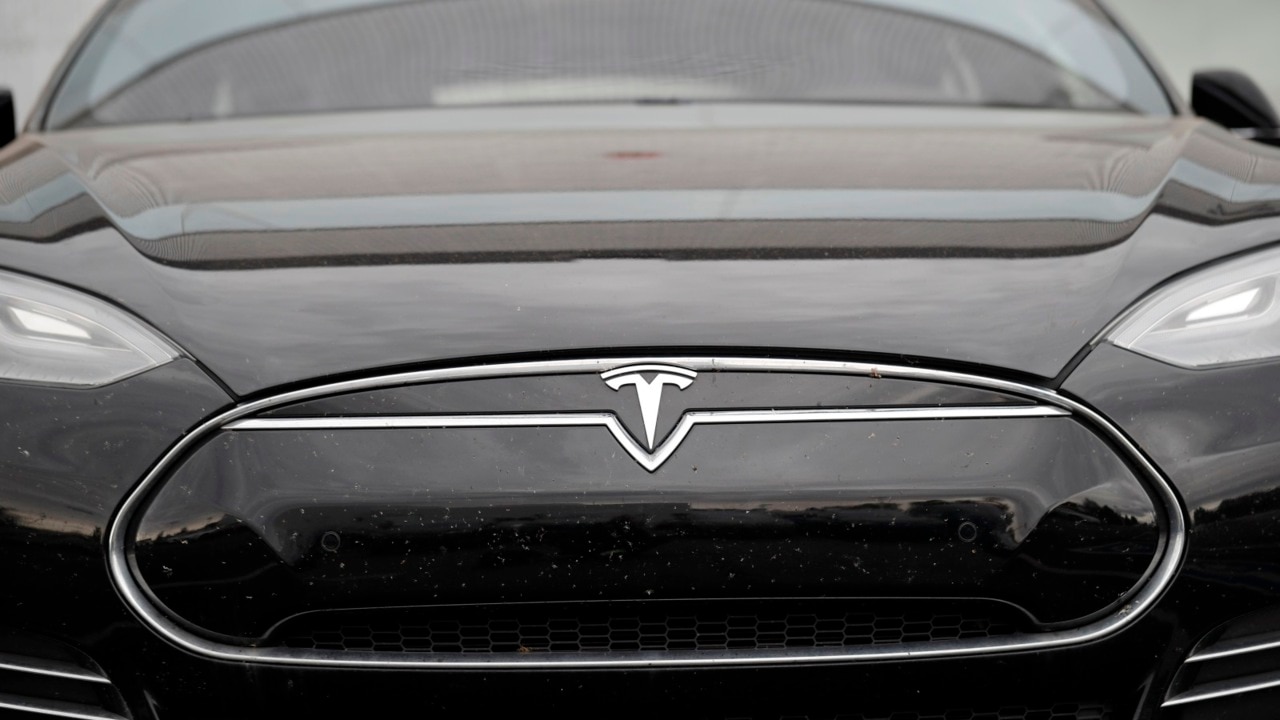
It is understood some of these actions, which have been created based on initial local trials and information from other councils across Australia, won’t be taken until beyond 2030.
While Ms Kelly stressed the action plan didn’t involve any sudden changes to fleet, councillor Nancy Sommerfield expressed concerns about the risk to council.
“If we look at council’s carbon footprint, which is what we should be doing, we all know the landfill is the biggest one,” she said.
“It’s 60 per cent of our carbon emissions and that’s what we should be focusing on.
“It concerns me that if we endorse the action plan, what does that mean for us as councillors moving forward?
“We are a vast region, we’re not a city with charging points around the corner — this is so flawed, I think we’re too early.”

Ms Kelly said policies would not be developed around an sustainable fuel fleet until well into the future, acknowledging it would be a “mistake” for the council to make the move right now.
“The whole purpose of this plan is to give some direction on what we need to look at, what we should be considering and what we don’t need to consider,” she said.
“We don’t have a policy for charging EVs at home – we don’t have that policy because we don’t have the learnings. We’re doing the learnings component now so when we write a policy we’re doing it based on learnings (and) for council, it’s about learning what the world of EVs going to mean?
“The greatest mistake we could make is rush out now and transition a whole heap of vehicles to EVs, when the marketplace cannot sustain that.”

When councillor Rebecca Vonhoff asked Ms Kelly what the most important requirement was for an EV fleet to be successful, she was blunt with her answer.
“First one is infrastructure, we need charging infrastructure at home, at the office and in the community,” she said.
“If we don’t have the infrastructure in place, we will have stranded vehicles on the sides of the road.
“We’re now starting to get real life information from people who have driven the vehicle for many years, and the feedback we’ve gotten is the slower we go the smarter it will be.
“There are some very obvious opportunities we can take on right now, but there are some things we need to watch for now.”
Ms Kelly also warned the batteries of electric vehicles right now suffered from extreme heat or cold and that charging infrastructure could be impacted by the region’s western sun.




